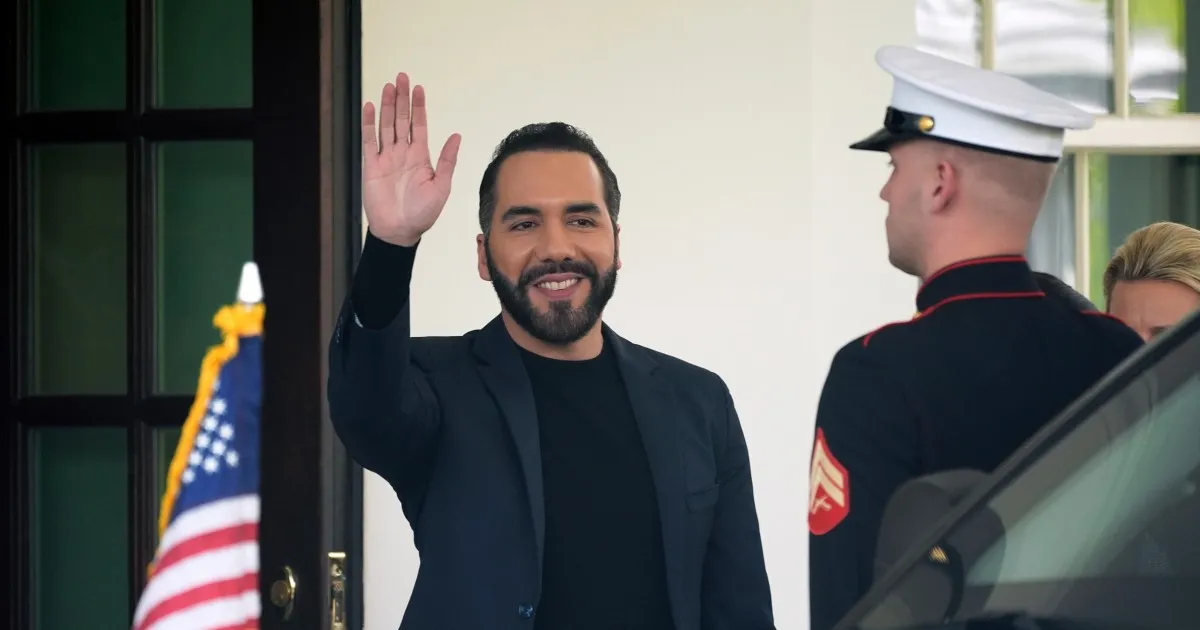
In a bold move, Salvadoran President Nayib Bukele announced the proposal of a prisoner exchange with Venezuela on Sunday. This initiative involves the exchange of Venezuelan deportees from the United States, whom his government has detained, for what Bukele refers to as “political prisoners” currently held in Venezuela.
In a post shared on the social media platform X, Bukele directed his message towards Venezuelan President Nicolás Maduro. He highlighted several family members of prominent opposition figures, journalists, and activists who have been imprisoned during Venezuela's electoral crackdown last year. “The only reason they are imprisoned is for having opposed you and your electoral fraud,” he stated in his correspondence with Maduro.
President Bukele proposed a humanitarian agreement that would facilitate the repatriation of 100% of the 252 Venezuelans who have been deported, in exchange for the release and surrender of an equal number (252) of the numerous political prisoners held in Venezuela. Among those Bukele mentioned were notable figures such as the son-in-law of former Venezuelan presidential candidate Edmundo González, several political leaders seeking asylum in the Argentine embassy in Venezuela, and 50 detained citizens from various countries worldwide.
Additionally, Bukele referenced the mother of opposition leader María Corina Machado, who has claimed that her residence was surrounded by Venezuelan police earlier this year. The Salvadoran president indicated that he would instruct El Salvador’s foreign ministry to engage with the Maduro government regarding this proposal. However, there has been no immediate response from Venezuela following Bukele's announcement.
This proposal arises amid growing international scrutiny concerning El Salvador's treatment of Venezuelans and Salvadorans deported by the Trump administration, who have been accused of being gang members, often with scant evidence. These deported individuals are currently held in a controversial facility known as the Terrorism Confinement Center (CECOT), a “mega-prison” established by the Bukele government during a rigorous crackdown on gangs.
The situation has escalated further with reports emerging about Kilmar Abrego Garcia, a Maryland father married to a U.S. citizen, who was among those deported. Legal battles are ongoing regarding his return to the United States. In light of these developments, El Salvador’s archbishop José Luis Escobar Alas has urged President Bukele not to transform the nation into “a big international prison.”
Despite the mounting criticism, Bukele remains steadfast, asserting that all the individuals detained in the prison are implicated in operations against gangs like the Tren de Aragua based in the United States. This ongoing dialogue between El Salvador and Venezuela highlights the complex political landscape in the region and the humanitarian implications of such policies.